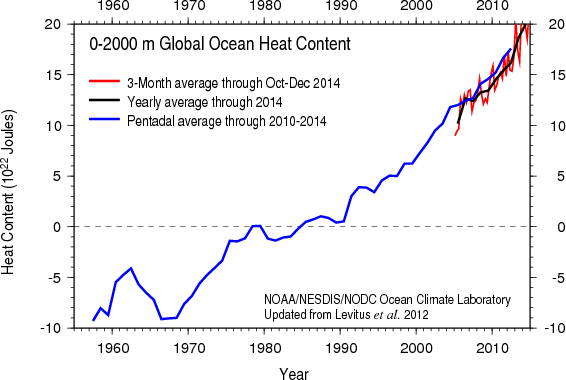First, Grist has reported on the application of nanotechnology to the application of pesticides. It's felt that by creating these ultra-fine droplets (we're talking about sizes in the billionths of a metre), it will take far less volume to treat the same area. So join me in a (very) cautious "yay" (no exclamation point).
Of course, new technologies bring a host of potential problems with them. And in the case of nano-droplet pesticides, these concerns involve how the nano-particles will react with the macro-world. Tiny particles may allow broader contamination of groundwater, leading to higher levels food-chain concentration. Or new ways in which these pesticides might react with mammalian nervous systems (you know, like ours). Things act very differently in the nano-world.
This is, of course, part of the ongoing commodification of technology that Marx and Engels wrote about over a century ago. Research is only seen as valuable if it can be monetized. Ask our Prime Minister, Stephen Harper; he has stopped pretty much all research that is not in the service of capital. This commodification is one of the reasons that so little pure research is being conducted on Canada (as well as the rest of the developed world). It's all about engineering older discoveries into forms suitable for our commodity culture.
In different news, it looks like 2014 may be one of the top five hottest years on record. But of much more concern is the news, reported in the Guardian, that ocean temperatures are spiking so high that NOAA is having to re-calibrate their scales to accommodate the speed of temperature rise.
 |
| Ocean heat content data to a depth of 2,000 meters, from NOAA. |
Denialists, by cherry picking atmospheric data, claim that either warming is not happening, or is happening at a much slower rate. The graph above shows the lie in that. So, yes, ocean populations are crashing; yes, we are in the late middle of the Sixth Extinction; and no, humans aren't going to make it. There's simply too many of us too invested in continuing the current system at the cost of everything else. Best case scenario? The koalas take over--all they want is to get stoned and sleep.

